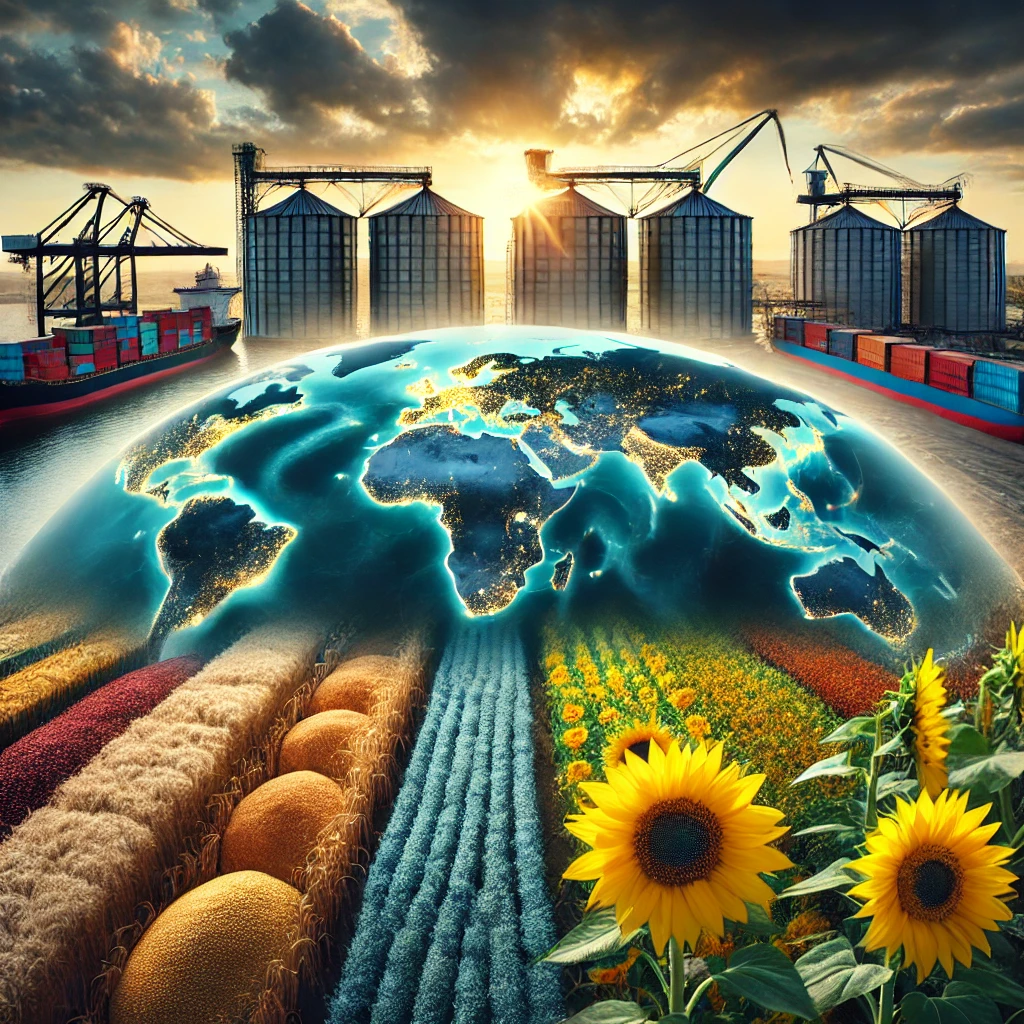If Ukraine loses its war with Russia, the effects on global food prices could be devastating. Ukraine is one of the world’s largest producers of grain, sunflower oil, and other agricultural products. Its fertile land and strong agricultural industry make it a crucial player in feeding people not just in Europe but worldwide. A loss in the war would disrupt this critical food supply chain, impacting prices around the globe.

During the early stages of the conflict, Ukraine’s exports were already deeply affected. Farmers faced difficulties planting and harvesting crops.
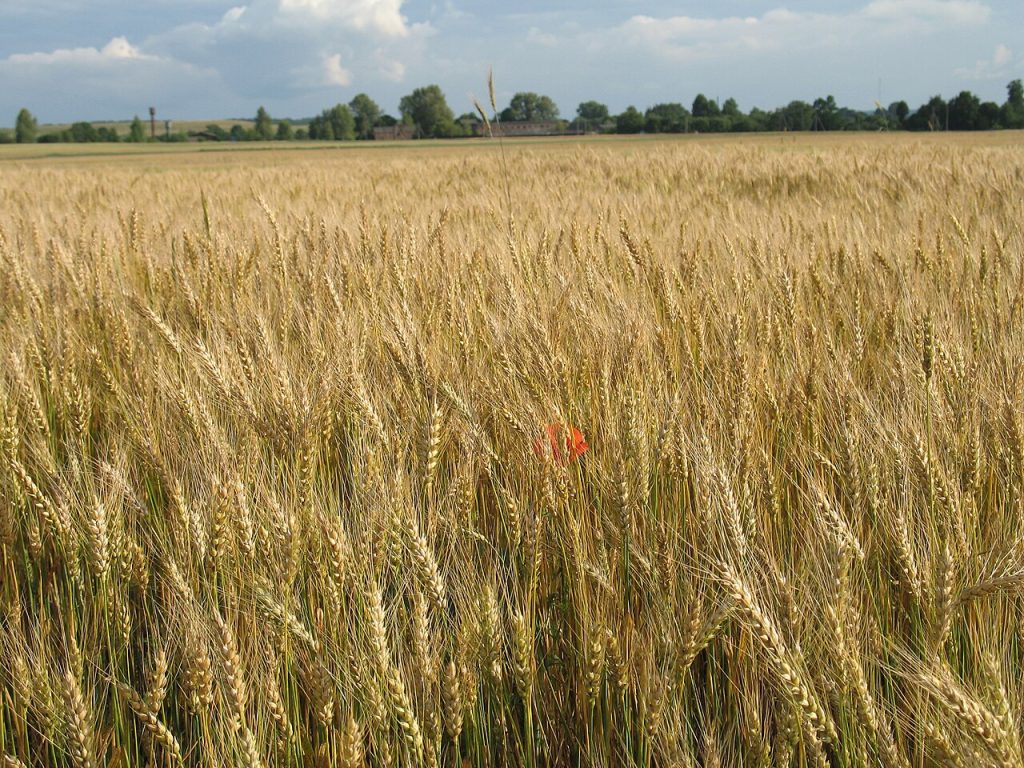
Ports were blockaded or damaged, making it hard for grain to reach international markets. While temporary agreements allowed some exports to resume, these were fragile and easily disrupted. If Ukraine were to lose, it could lead to a more permanent disruption of its farming and export operations, causing food prices to spike further.
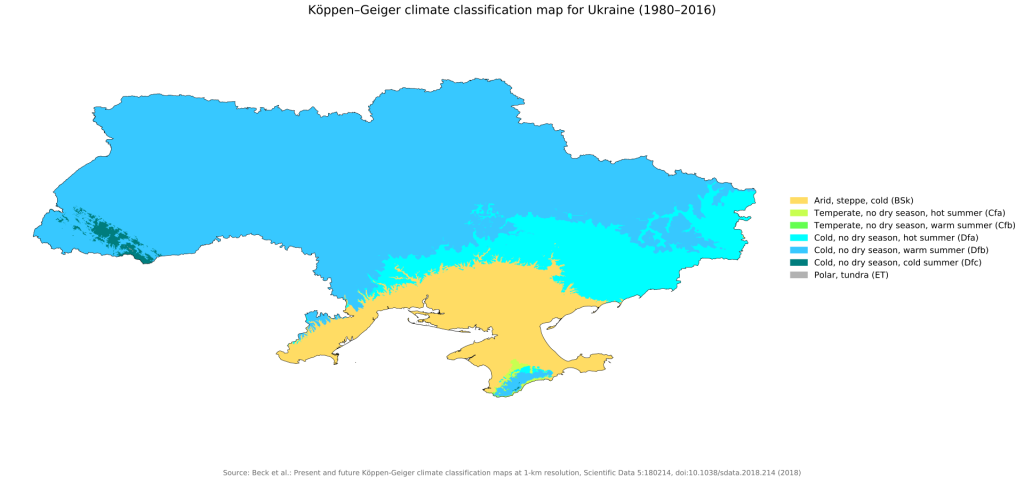
Ukraine has a significant amount of rich, fertile black soil called chernozem, which is ideal for growing grain crops. About 25% of the world’s chernozem is found in Ukraine, covering roughly 41 million hectares (about 101 million acres). The ripple effects would likely be felt most strongly in developing countries. Many of these nations depend on affordable grain from Ukraine and other nearby regions. Rising food prices would hit these populations the hardest, increasing the risk of hunger and political instability. Food import costs would become unaffordable for some governments, making it difficult to feed their people.
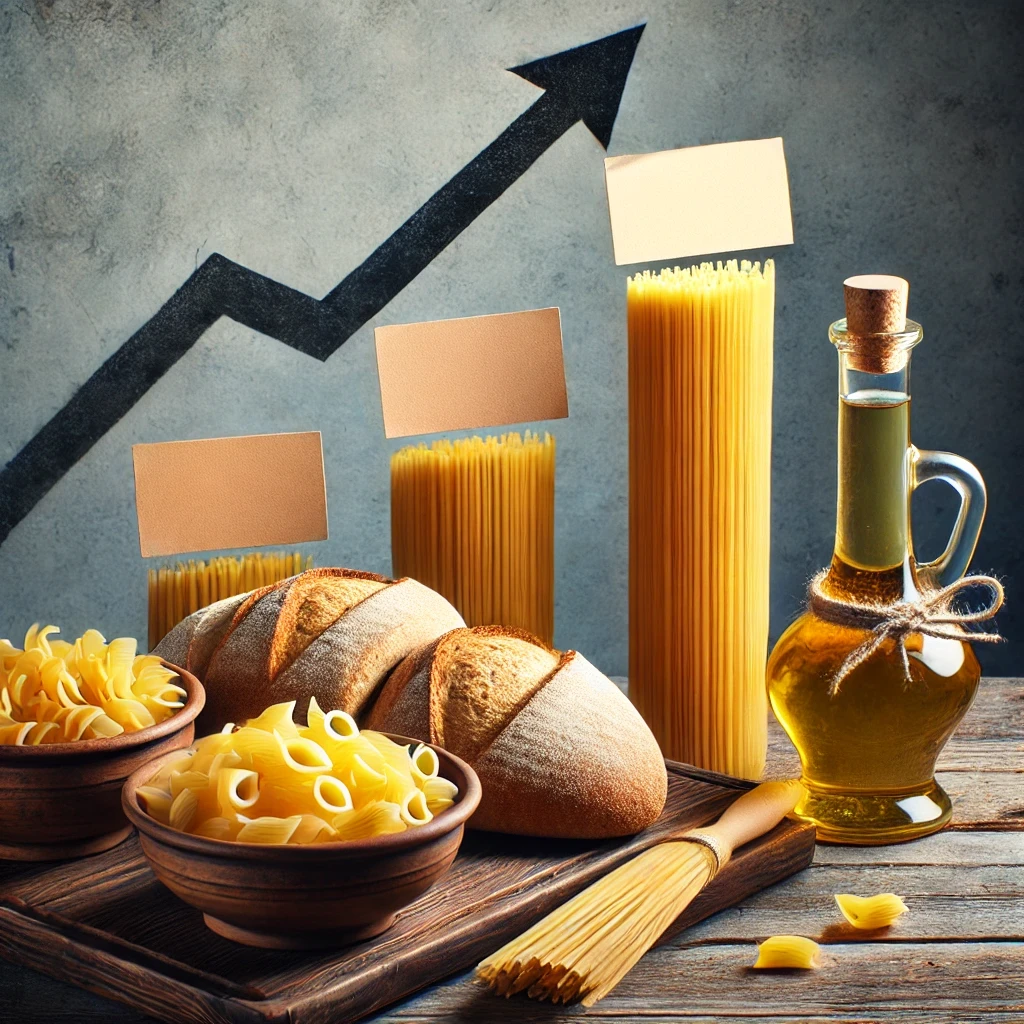
However, even wealthier nations would not escape the consequences. Grocery prices in the United States and Europe, already affected by inflation, would continue to rise. Products like bread, pasta, and cooking oil could become more expensive, affecting people’s budgets and leading to financial stress for many families.
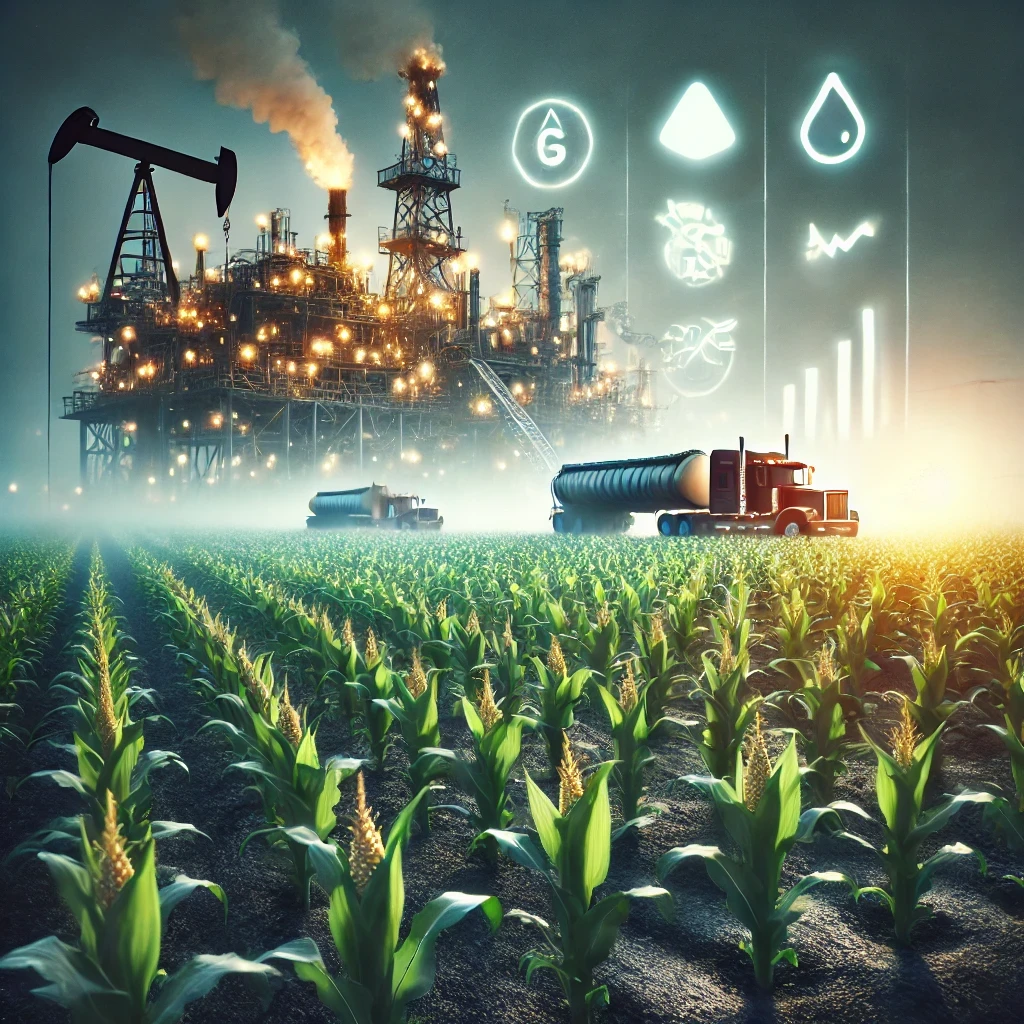
Russia, a significant player in global energy markets, could also contribute to food price hikes if it uses its position to influence energy costs further. The cost of farming depends heavily on fuel and fertilizers. If energy prices go up, it will make it more expensive to grow and transport food, driving prices even higher.
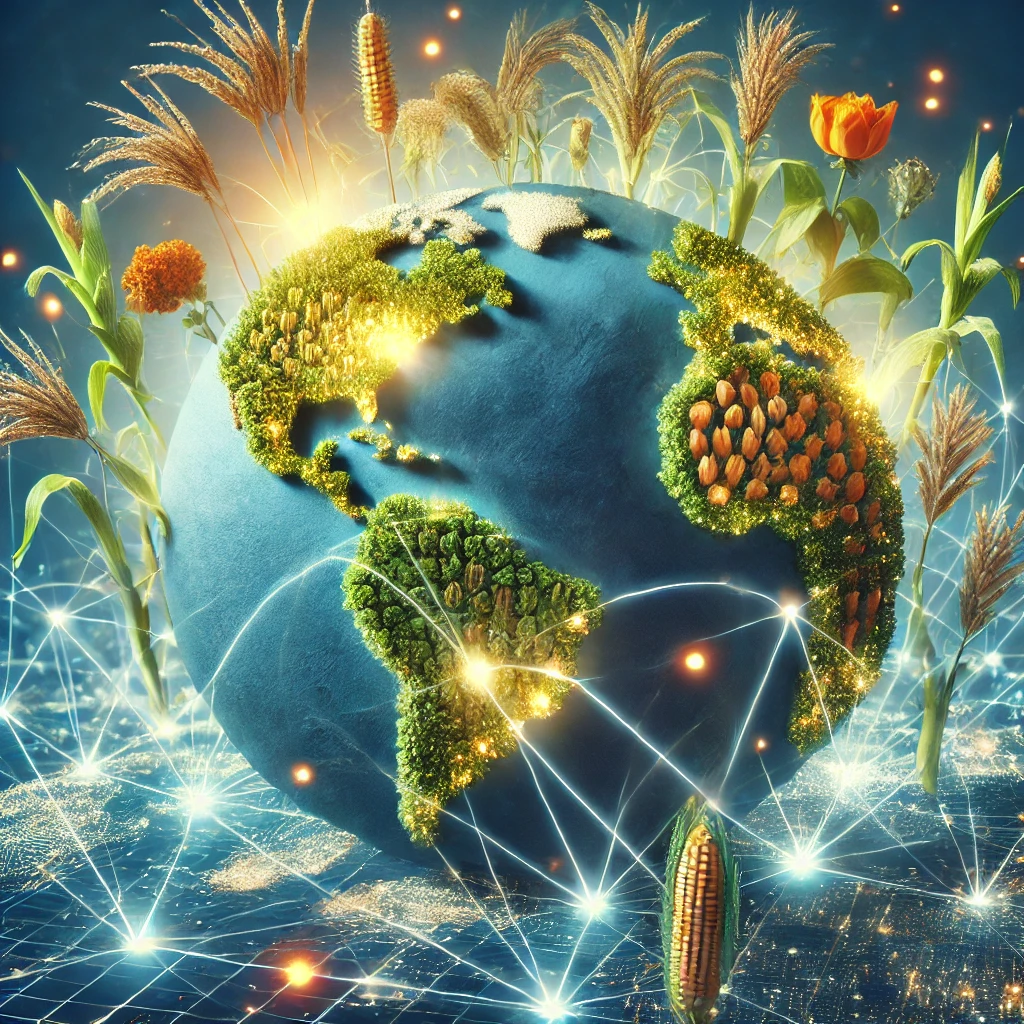
Overall, the global food system is interconnected. A loss for Ukraine would mean losing one of the world’s breadbaskets, which would have widespread consequences. People in both rich and poor countries would face higher food costs, and vulnerable populations could suffer from food shortages. The war’s outcome is more than just a geopolitical concern; it’s something that could affect what we pay at the grocery store and whether some people around the world can eat at all. The fight over Ukraine, besides being a fight for freedom, is also a fight for fertile soil and control of valuable commodity.

